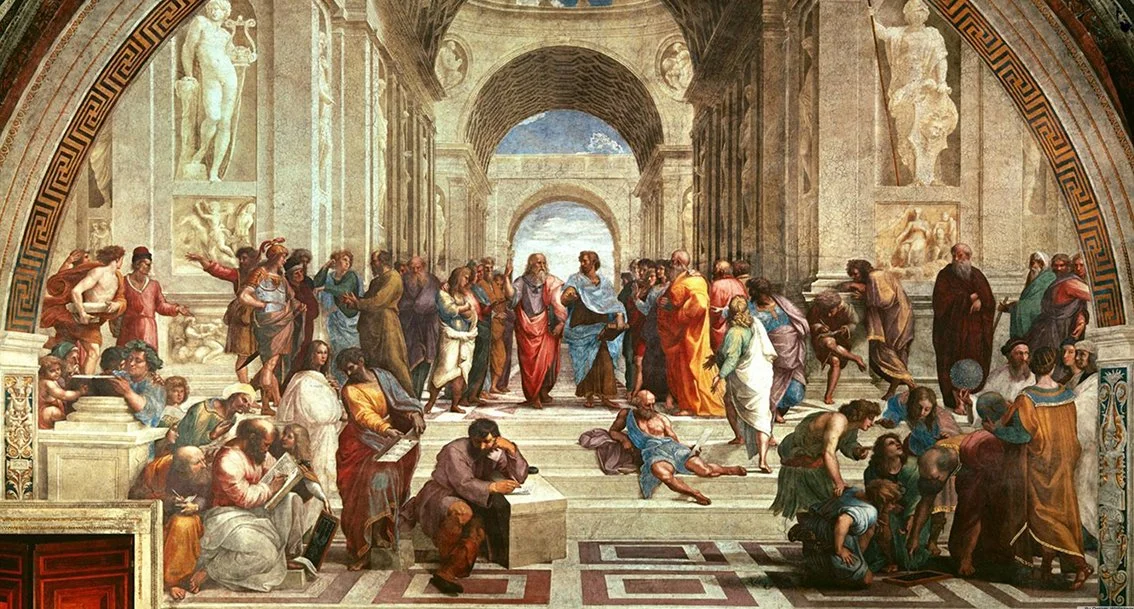But democracy also had people against it, like Plato, who believed that democracy was unbalanced, unstable and gave rise to the worst aspects of human nature. Another famous philosopher, Aristotle, also believed that democracy isn’t the best form of governance, saying that democracy is also true of oligarchy and monarchy, rule in a democracy is for and by the people named in the government type. In a democracy, rule is by and for the needy. In contrast, rule of law or aristocracy (literally, power [rule] of the best) or even monarchy, where the ruler has the interest of his country at heart, are better types of government.
"The citizens must not lead the life of mechanics or tradesmen, for such a life is ignoble and inimical to virtue. Neither must they be farmers, since leisure is necessary both for the development of virtue and the performance of poli he says in B” he says in Book VII
Ancient Greece
The Athens developed a system in which every free Athenian man had a vote in the Assembly. In the late 6th century B.C., the Greek city-state of Athens began to lay the foundations for a new kind of political system. This demokratia, as it became known, was a direct democracy that gave political power to free male Athenian citizens rather than a ruling aristocratic class or dictator, which had largely been the norm in Athens for several hundred years before. Athens’ demokratia, which lasted until 322 B.C., is one of the earliest known examples of democracy. To participate in the demokratia, a person had to be free, male and Athenian. In the beginning of the democratic period, Athenian men had to have an Athenian father and a free mother. By the mid-5th century B.C., Athens changed the law so that only men with Athenian fathers and mothers could claim citizenship. Because there were no birth certificates to prove parentage, a young Athenian man’s political life began when his father introduced him at their local demos, or political unit, by swearing that he was his father and bringing witnesses to attest to this.
